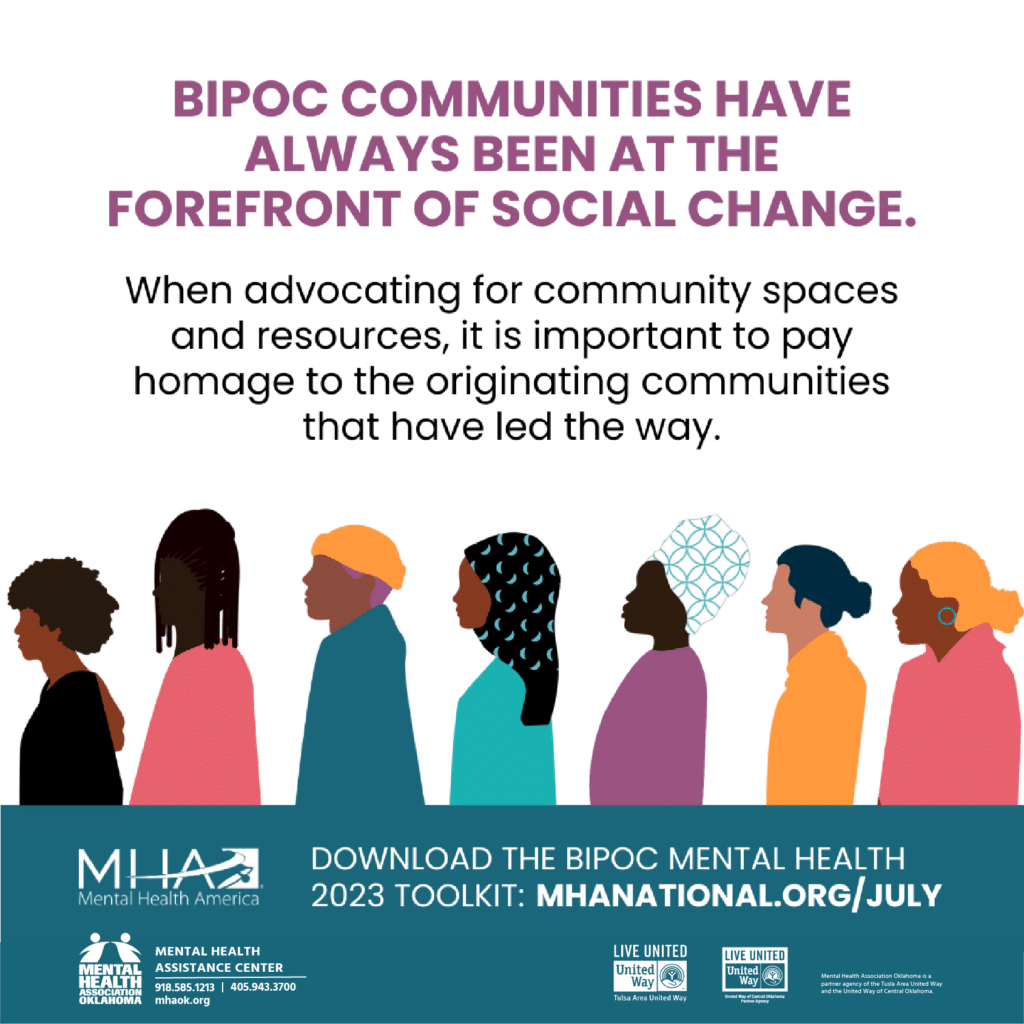Dictated by circumstance, Bebe Moore Campbell’s legacy is strong and it is necessary. She was an author, a journalist, a teacher. Moore was also a tireless advocate for mental health.
Just now, just in this modernizing world are we opening up more about mental health struggles and fostering dialogue around what life with mental illness feels like and the possibilities of treating, managing, perhaps even eliminating the symptoms. Just now are we addressing the stigma and shame of living with it.
And we are making moves, forward progress.
The march is slower for Black, Indigenous and People of Color (BIPOC), though, and Moore saw that. She lived it as she cared for her mentally ill daughter, and she championed against it.
Her crusades came through in storytelling, through public speaking and ultimately, through the tireless work of founding NAMI-Ingelwood (National Alliance on Mental Illness in Urban Los Angeles) – a safe space in a predominantly black neighborhood for BIPOC folks to openly address mental health issues.
On June 2, 2008, Bebe Moore Campbell National Minority Mental Health Awareness Month was formally recognized by the United States Congress, and it has been honored each July for the past fifteen years.
Recently, Mental Health America, our parent organization, shared a BIPOC Mental Health Month Toolkit, and we are honored to both share with you and celebrate the diligence and bravery shown by Moore.
BIPOC ToolKit
Introduction Background and Contents
Fact Sheet: Community Displacement
Fact Sheet: Improving Mental Health

